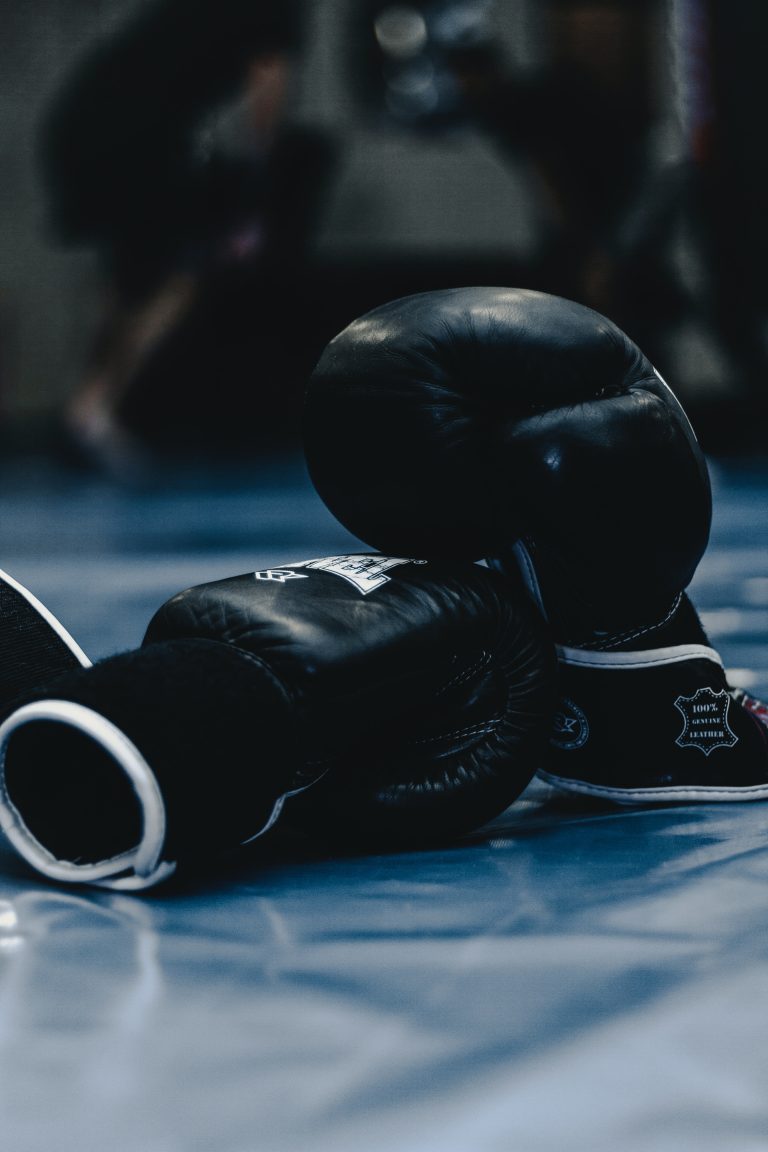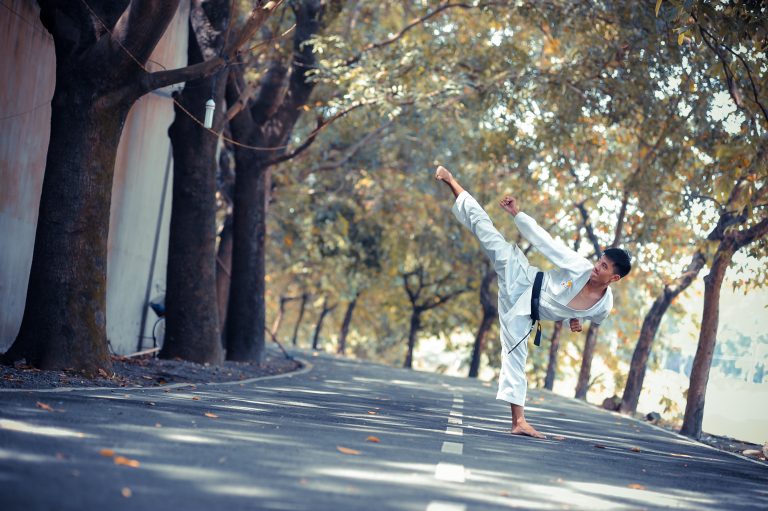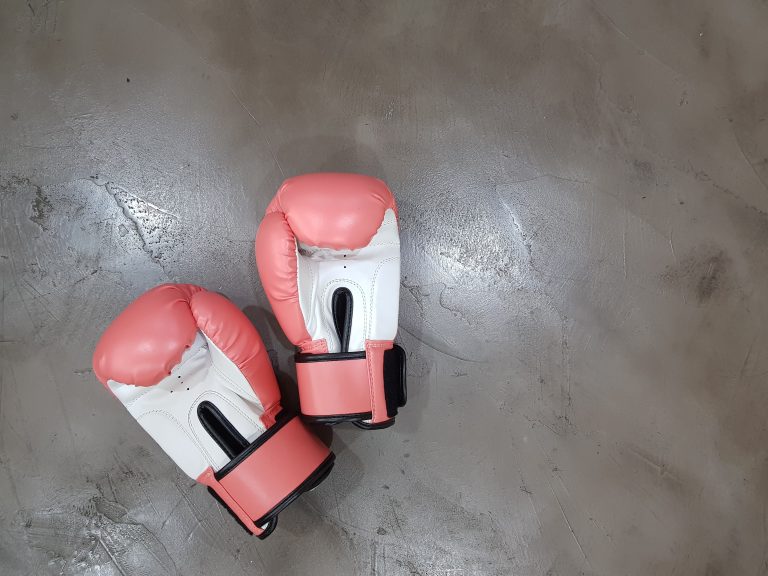Why Karate is a Waste of Time: An In-Depth Analysis
Karate is a popular martial art form which originated in Okinawa, Japan. It is a form of self-defense that primarily involves striking and blocking techniques. Many people believe that practicing karate can have a positive impact on one’s physical and mental health. However, there is a growing body of evidence which suggests that karate may not be as beneficial as it is often portrayed. In this blog post, we will examine some of the reasons why karate is a waste of time.
Karate is Not an Effective Form of Self-Defense
One of the main reasons why people practice karate is to learn self-defense skills. However, there is evidence to suggest that karate is not an effective form of self-defense. In real-life situations, the techniques taught in karate may not be practical or effective. For example, many karate techniques involve striking vulnerable areas of the body, such as the nose or groin. However, in a real fight, it may be difficult to target these areas accurately.
In addition, karate does not teach people how to defend themselves against multiple attackers or armed assailants. In reality, most self-defense situations involve more than one attacker, and in many cases, attackers may be carrying weapons. Karate does not prepare people for these types of scenarios.
Karate May Cause Physical and Mental Health Problems
While karate can improve physical fitness and coordination, it may also cause physical and mental health problems. Some common injuries associated with karate include sprains, fractures, and concussions. These injuries can be particularly severe if someone is not properly trained or if they are participating in sparring activities.
In addition, practicing karate can be stressful and may cause anxiety and depression. This is especially true for those who are participating in competitive karate, as they may feel pressure to perform at a high level. Karate can also lead to social isolation, as people may become obsessed with their training and neglect other aspects of their life.
Karate Can Be Expensive and Time-Consuming
Karate can be an expensive and time-consuming activity. People must pay for lessons, equipment, and often travel expenses to attend competitions and other events. In addition, practicing karate requires a significant time commitment, which can interfere with other aspects of someone’s life, such as work or school.
Furthermore, the benefits of practicing karate may not be worth the time and financial investment. While karate can improve physical fitness and overall health, there are other activities that are more effective and less expensive, such as running or weightlifting.
Answering The Most Common Questions About Why Karate Is A Waste of Time
Karate is one of the most popular forms of martial arts practice that has existed for centuries. It is an art that has been adopted by many individuals globally for a plethora of reasons, including self-defense, physical fitness, and mental discipline. However, despite its many benefits, the question, „Is karate a waste of time?“ is still asked by many individuals who are considering training in this art. In this article, we will explore some of the most frequently asked questions about why karate is considered by some to be a waste of time.
1. Why do some people consider karate a waste of time?
The most common reason why some people consider karate a waste of time is that they do not understand the purpose of martial arts practice. For these individuals, the practice of karate is often seen as a meaningless activity that requires too much time and effort without any guaranteed outcomes. They believe that it is a discipline that is only useful for self-defense situations, and since the chances of encountering such situations are rare, it is pointless to spend time on karate.
2. Is karate only effective for self-defense?
While karate is undoubtedly an excellent form of self-defense, it is not the only reason why people practice it. Karate provides numerous physical and mental benefits, including improved flexibility, endurance, and strength. It also enhances balance and coordination, which helps individuals to prevent falls and injuries. Moreover, karate involves a lot of mental discipline, which can help individuals to develop self-control, focus, and concentration.
3. How does karate help with mental discipline?
Karate is not only about physical strength and abilities but also about mental discipline. The practice of karate requires individuals to learn and follow specific rules, principles, and ethical values. These values include respect, humility, perseverance, and self-control. The mental aspect of karate practice is often more challenging than the physical aspect, as it requires individuals to master their thoughts and emotions to achieve a peaceful mind and spirit.
4. Is physical fitness the only benefit of karate practice?
While physical fitness is an essential benefit of karate practice, it is not the only one. Karate practice can also help individuals to improve their cognitive abilities, including memory, attention, and problem-solving skills. It stimulates the brain to produce more neurochemicals such as dopamine and serotonin, which can enhance mood, reduce stress, and increase motivation. Additionally, karate practice can help individuals to develop social skills, as it involves working with partners or in a group.
5. How can karate be a waste of time?
Karate can be a waste of time for individuals who do not have a clear understanding of their goals and objectives in practicing the art. If they begin practicing karate to achieve a particular goal, such as self-defense or physical fitness, but do not follow through with it, then it can be a waste of time. Additionally, if individuals practice karate without putting in the necessary effort, commitment, and dedication, it can also be a waste of time, as they will not be able to reap the full benefits of the art.
6. Can anyone practice karate, or is it limited to specific age groups?
Karate is a discipline that can be practiced by anyone, regardless of age, gender, or physical abilities. There are no specific age limits for practicing karate, as it can be tailored according to the individual’s needs and capabilities. In fact, many practitioners have achieved black belt status in their later years.
7. Does karate have any downsides?
Like any other physical activity or sport, karate has some potential risks and downsides. These include injuries, strains, or sprains, especially in beginners who may not have adequate training or supervision. Additionally, practicing karate at an advanced level can be time-consuming and require significant dedication, which may limit individuals‘ time for other activities. However, these downsides are easily manageable with proper training, supervision, and time management.
How to Evaluate whether Karate is a Waste of Time?
Many people join karate classes with a lot of expectations, only to realize later that it did not meet their expectations. These individuals start to feel like they have been wasting their time and money. If you are reading this blog post, it means you might have the same thoughts. However, before dismissing karate as a waste of time, it is important to evaluate the reasons behind this notion. In this step-by-step guide, we’ll show you how you can evaluate whether karate is a waste of time or not.
Step 1: Understand what Karate is All About
Before joining any karate classes, it is important to have a clear understanding of what karate is all about. Karate is a martial art that originated in Okinawa, Japan, and primarily focuses on self-defense techniques using kicks, punches, and strikes. Therefore, its practice involves rigorous physical training, such as cardio training, weight training, and sparring. This training aims to develop a strong body, mind, and character.
Step 2: Identify Your Reasons for Joining Karate
The next step is to ask yourself why you want to join karate. Is it to learn self-defense techniques, to improve your physical fitness, to achieve personal growth, or a combination of these reasons? Knowing your reasons for joining karate will give you a clear direction on what you want to achieve out of your practice.
Step 3: Evaluate the Karate School’s Training Program
Not all karate schools are the same. Each school has its own unique training program, curriculum, and teaching styles. Therefore, it is important to evaluate the training program of the karate school you are considering joining. Here are some questions to ask yourself:
- What is the duration of each class?
- What type of physical training is involved?
- What learning materials are used?
- Are there any assessments or exams?
- What is the teaching style of the instructor(s)?
Answering these questions will give you a better understanding of the training program’s content and the instructors‘ teaching style.
Step 4: Evaluate the Karate School’s Culture and Values
Apart from the training program, the culture and values of the karate school you are joining plays an important role in determining whether it is a waste of time or not. Here are some questions to consider:
- What are the school’s values and principles?
- What is the level of discipline and respect in the class?
- How are conflicts resolved within the class?
- What is the overall class dynamic?
Looking into these questions will allow you to evaluate whether the school’s values and culture are a good fit for you.
Step 5: Observe the Karate Class
The best way to evaluate the school’s training program and culture is to observe a class. During the class observation, look out for the following:
- The level of engagement and participation of the students
- The instructor’s teaching style and ability to communicate effectively
- The level of discipline and respect in the class
- The overall class dynamic and atmosphere
Observing a class will help you get a feel of what it is like to be a part of the karate school.
Step 6: Assess Your Progress Regularly
Once you have joined the karate school, it is important to assess your progress regularly. You can evaluate your progress based on the following:
- Whether you are achieving your set goals
- Whether you are improving in physical fitness
- Whether you are developing better self-awareness and discipline
Assessing your progress regularly will help you understand the benefits you are gaining from your practice.
Conclusion
Karate is not a waste of time if you join a reputable school, set clear goals, and assess your progress regularly. Therefore, it is important to evaluate the karate school’s training program, culture, and your progress regularly before dismissing it as a waste of time.
Inhaltsverzeichnis






